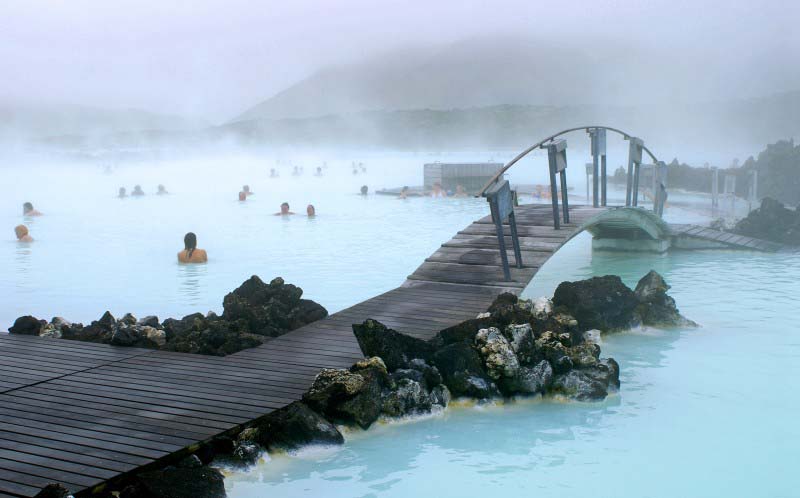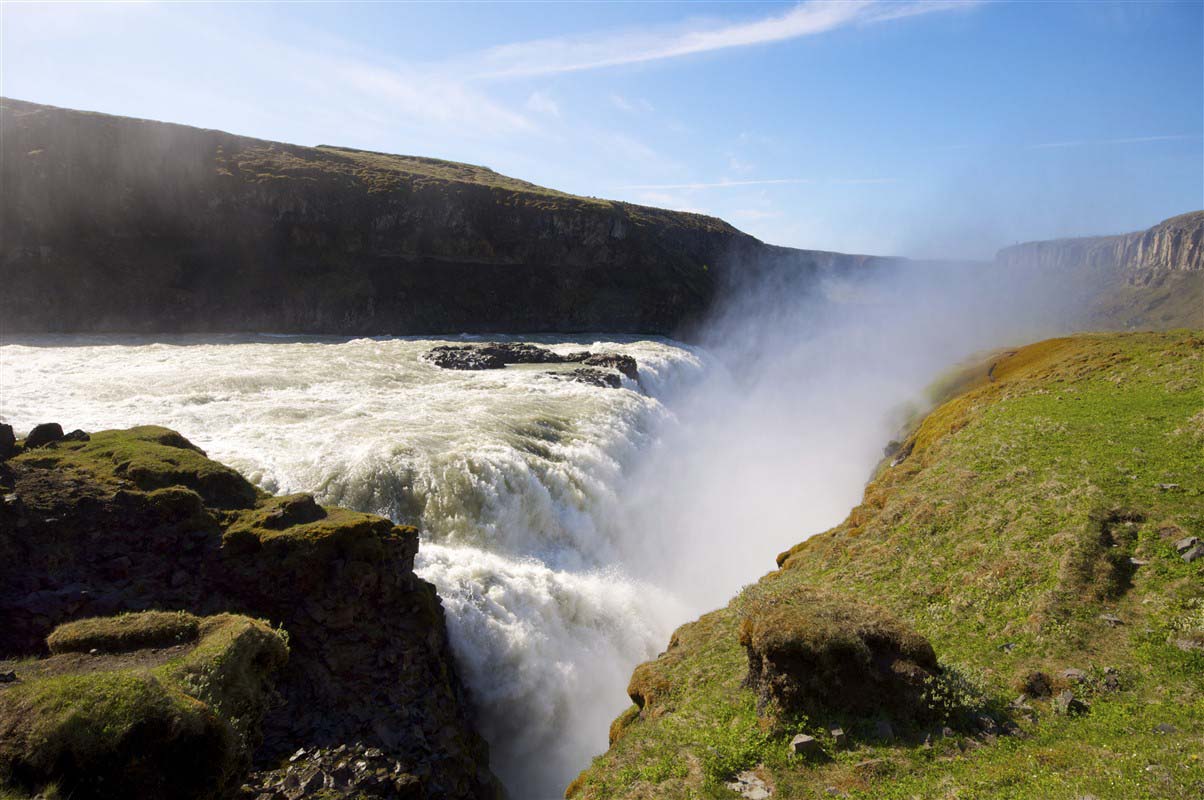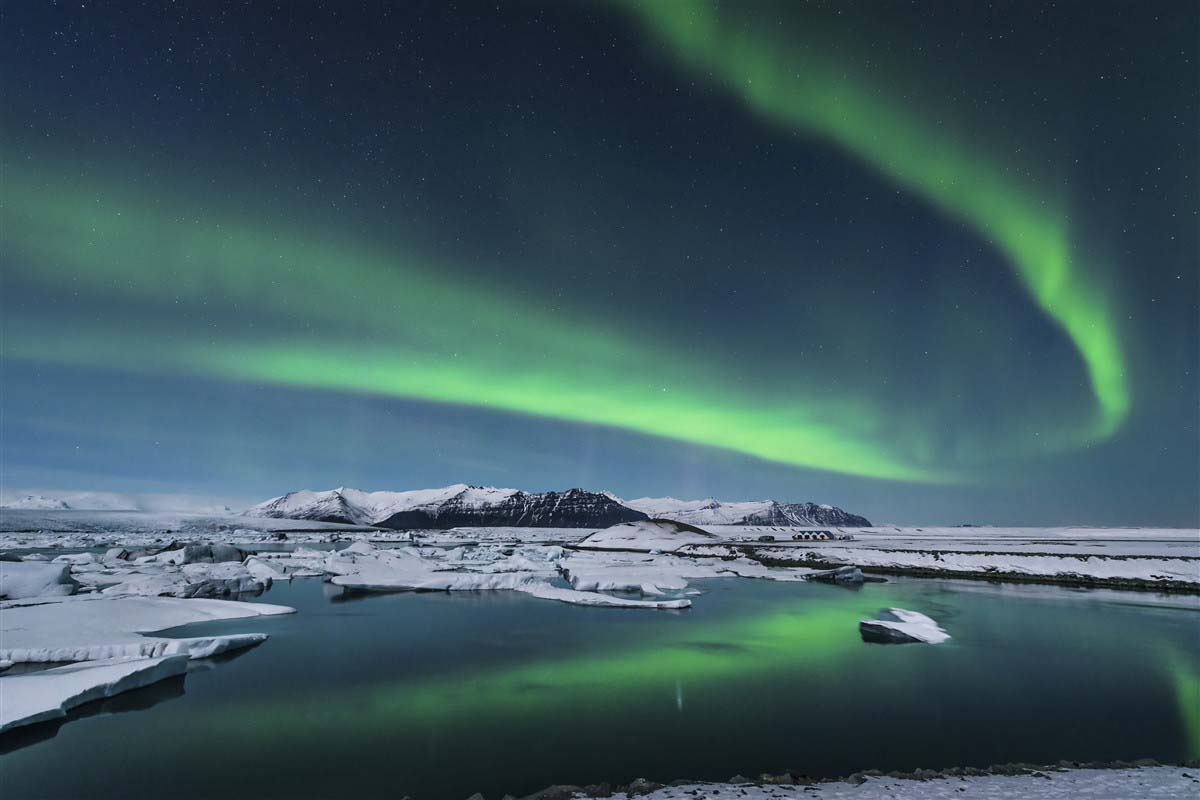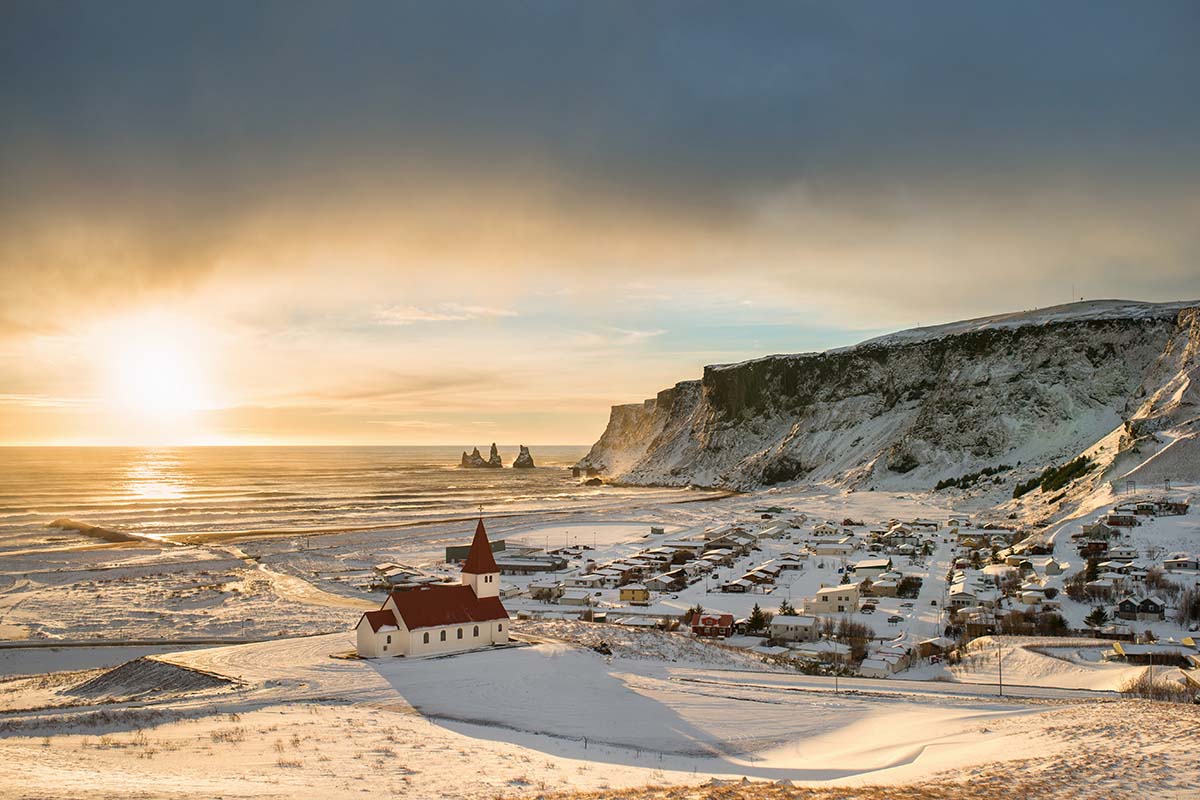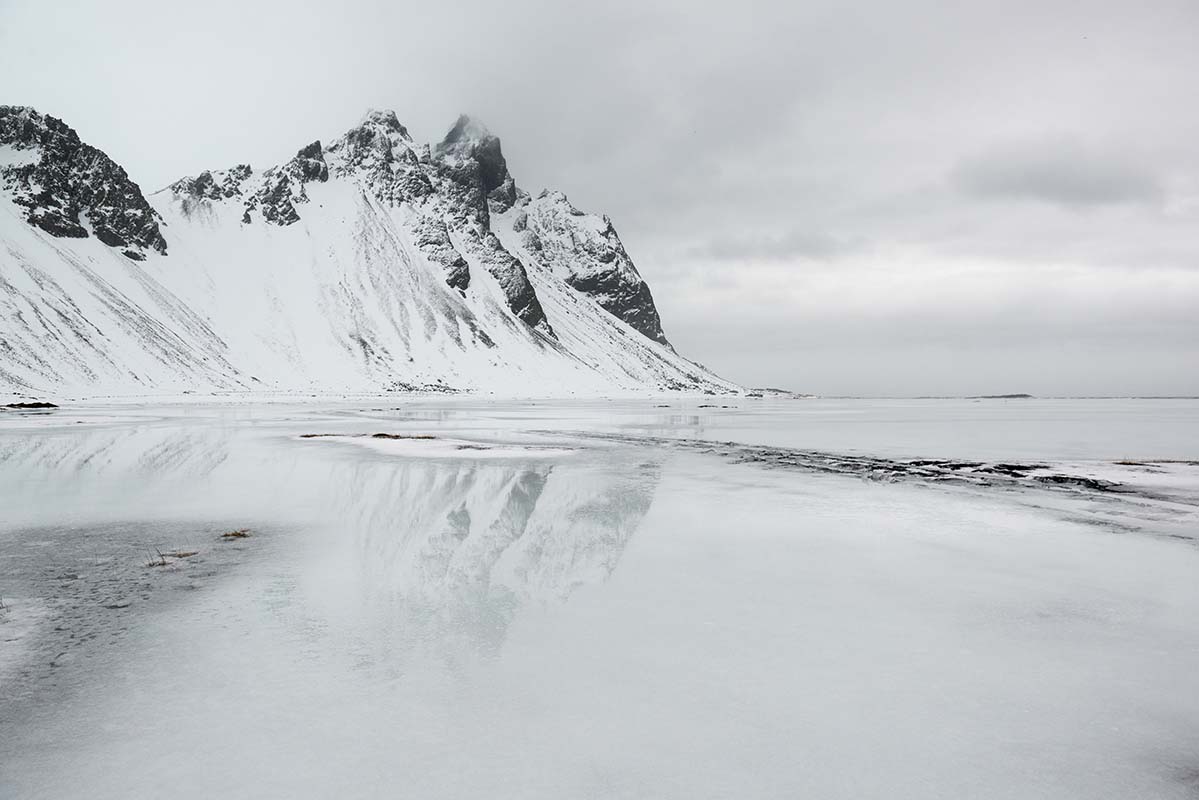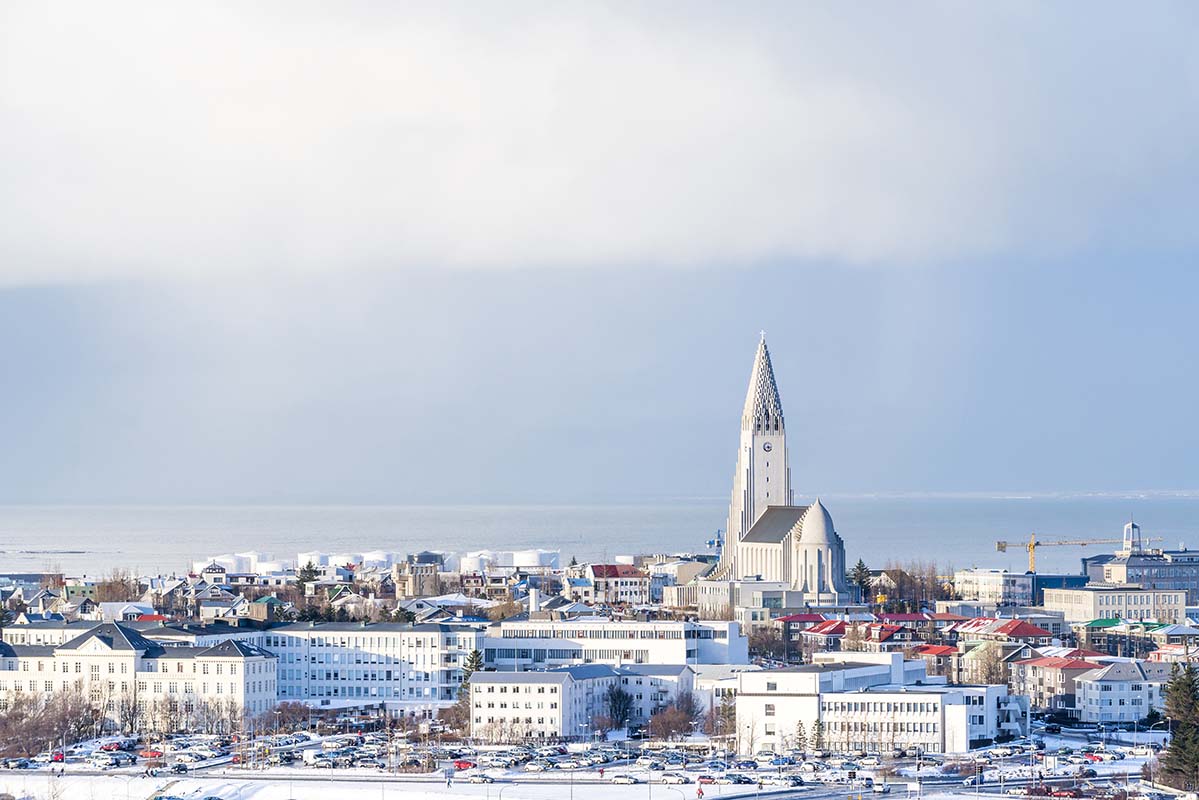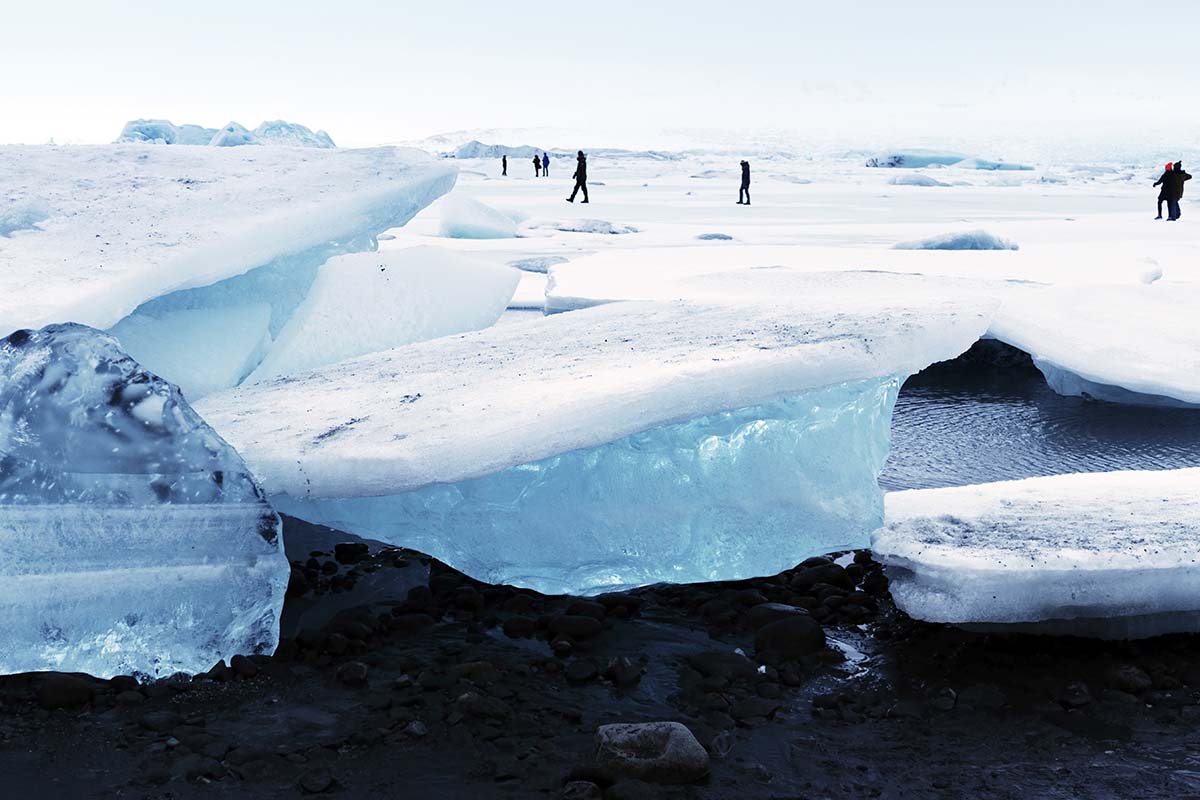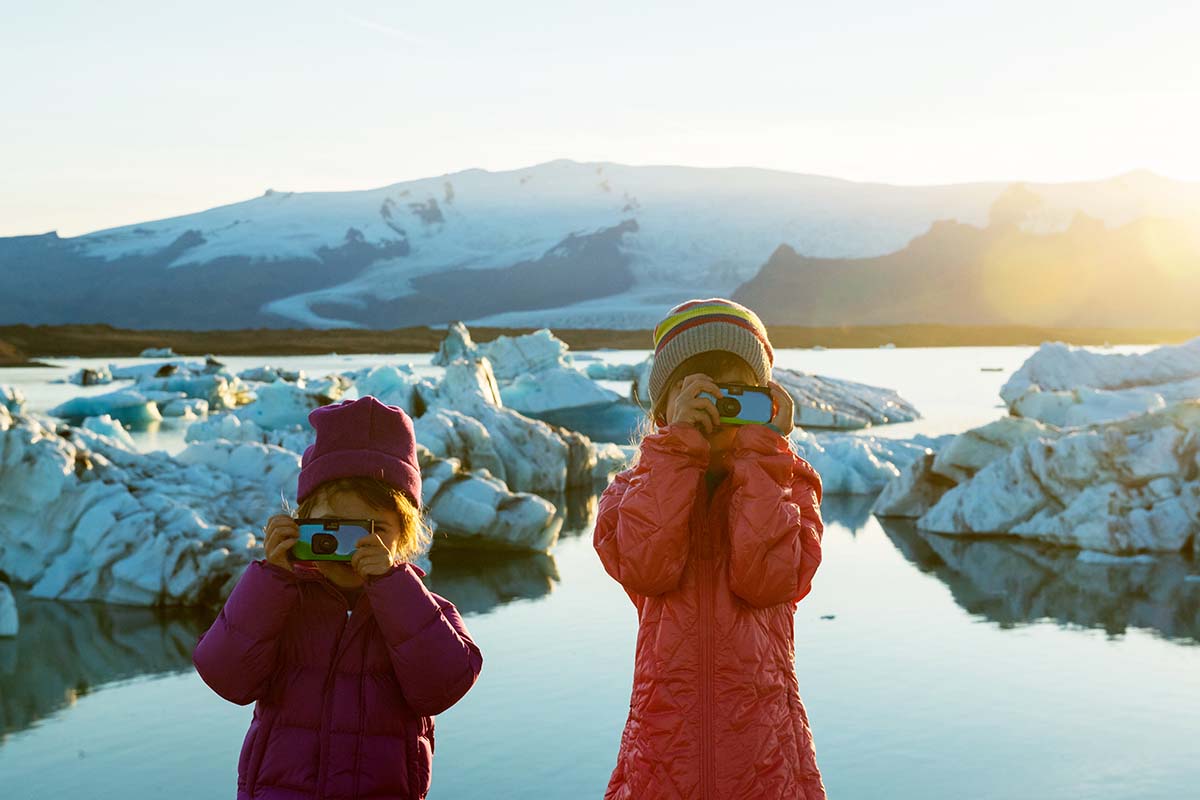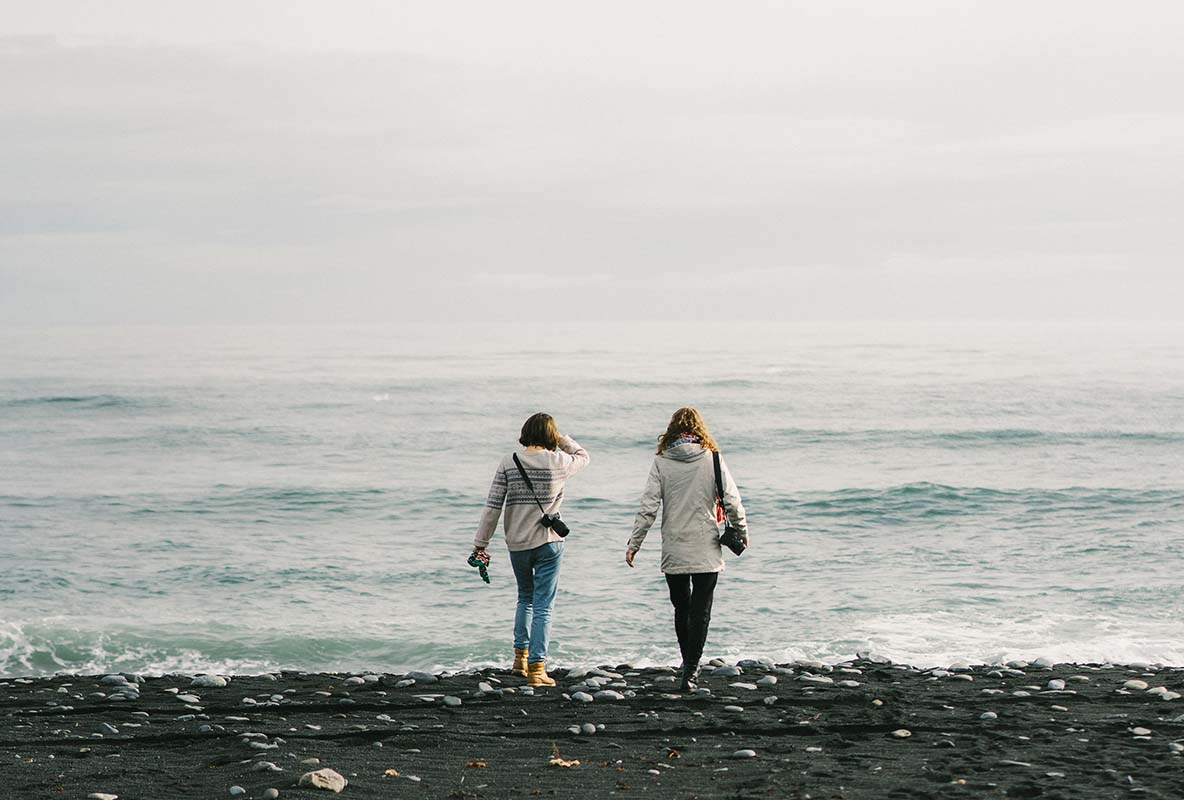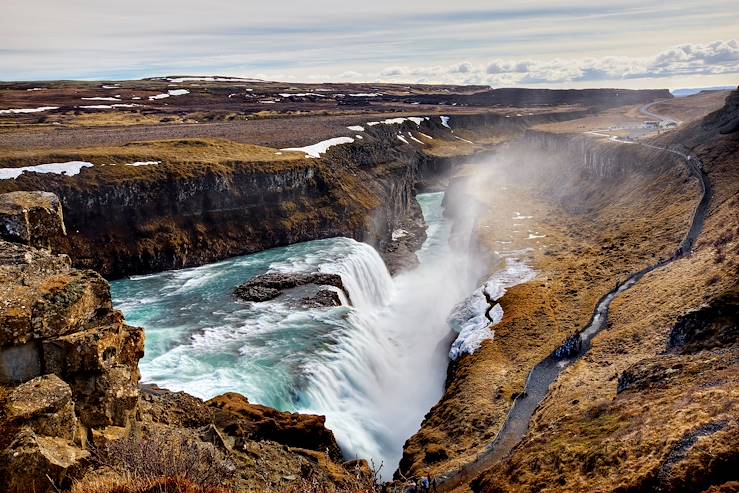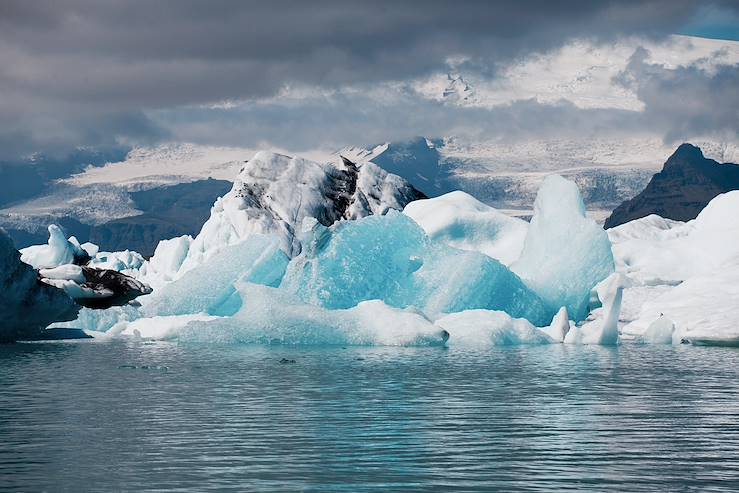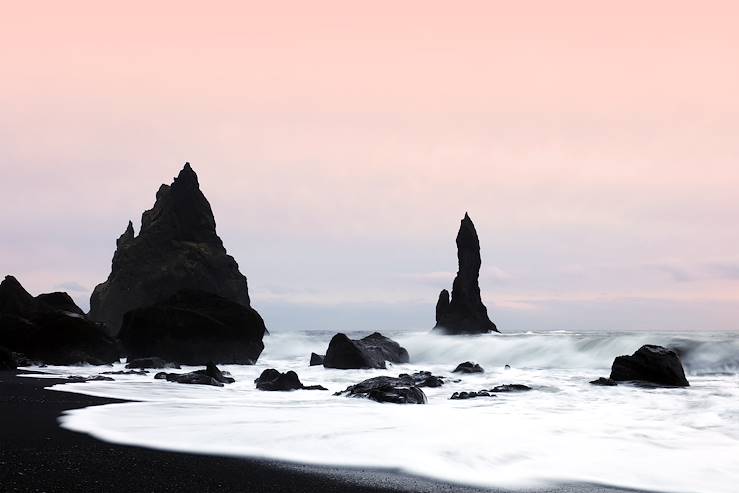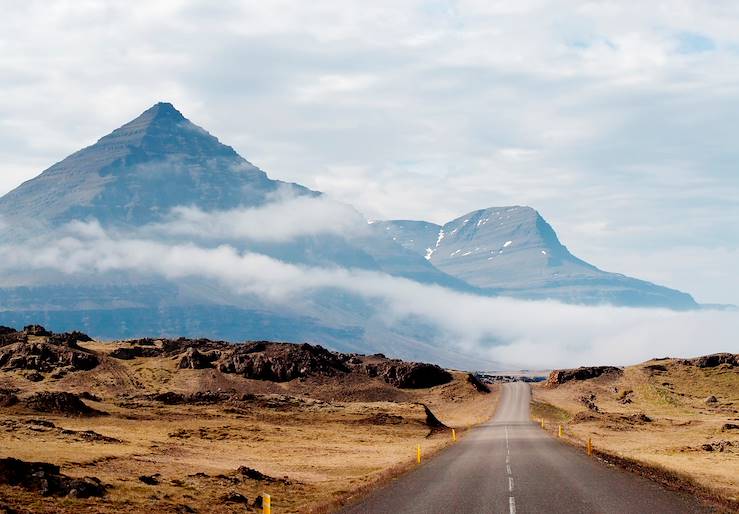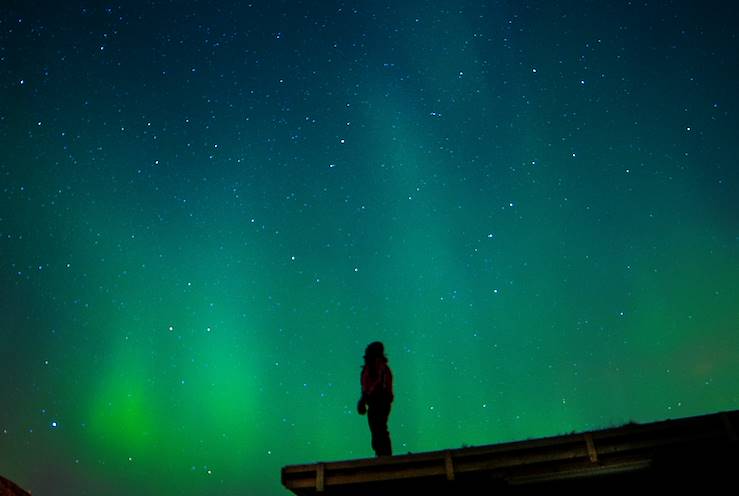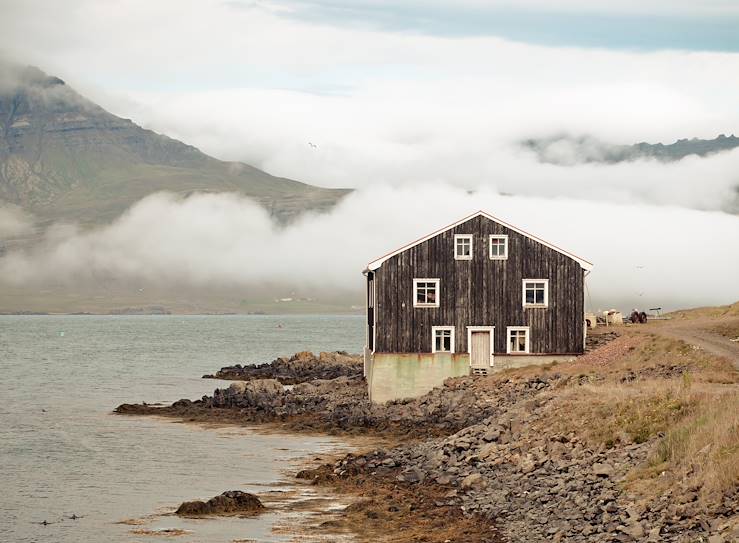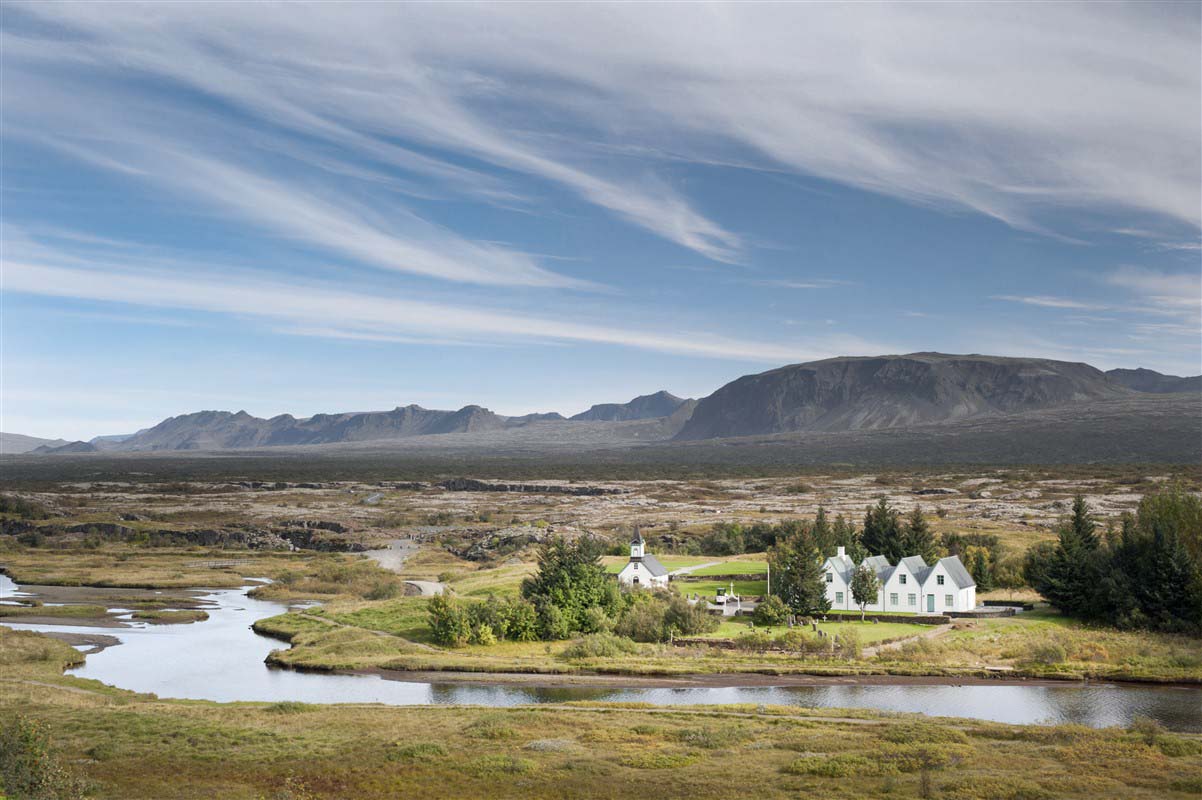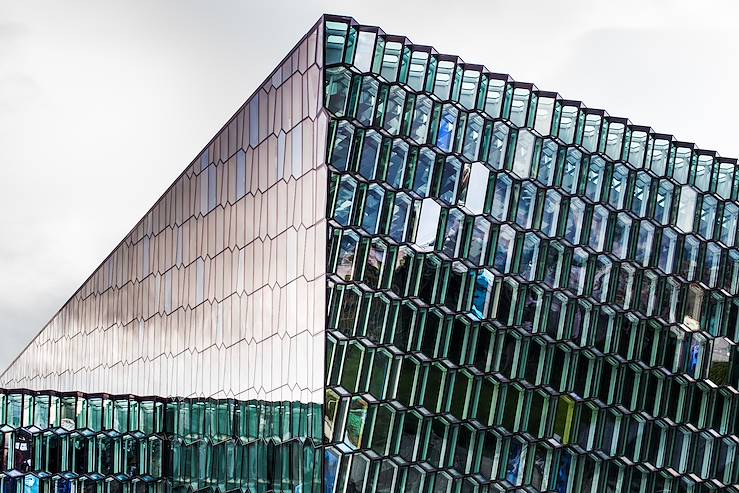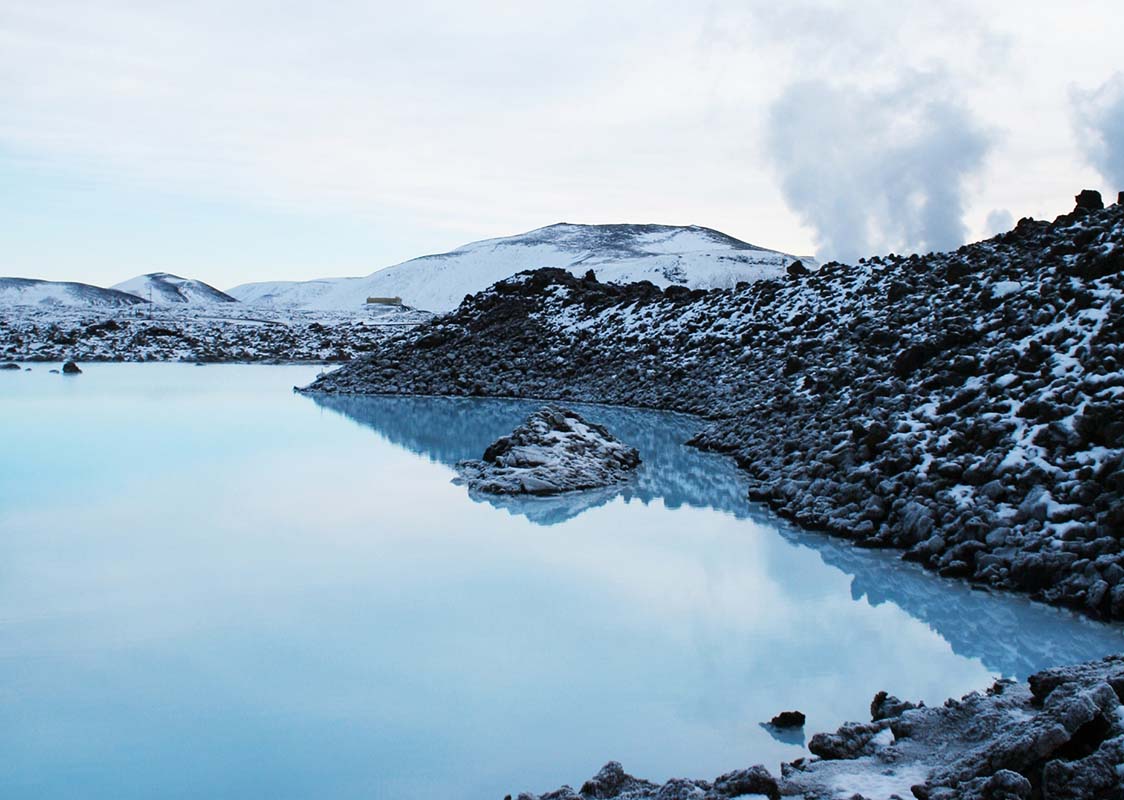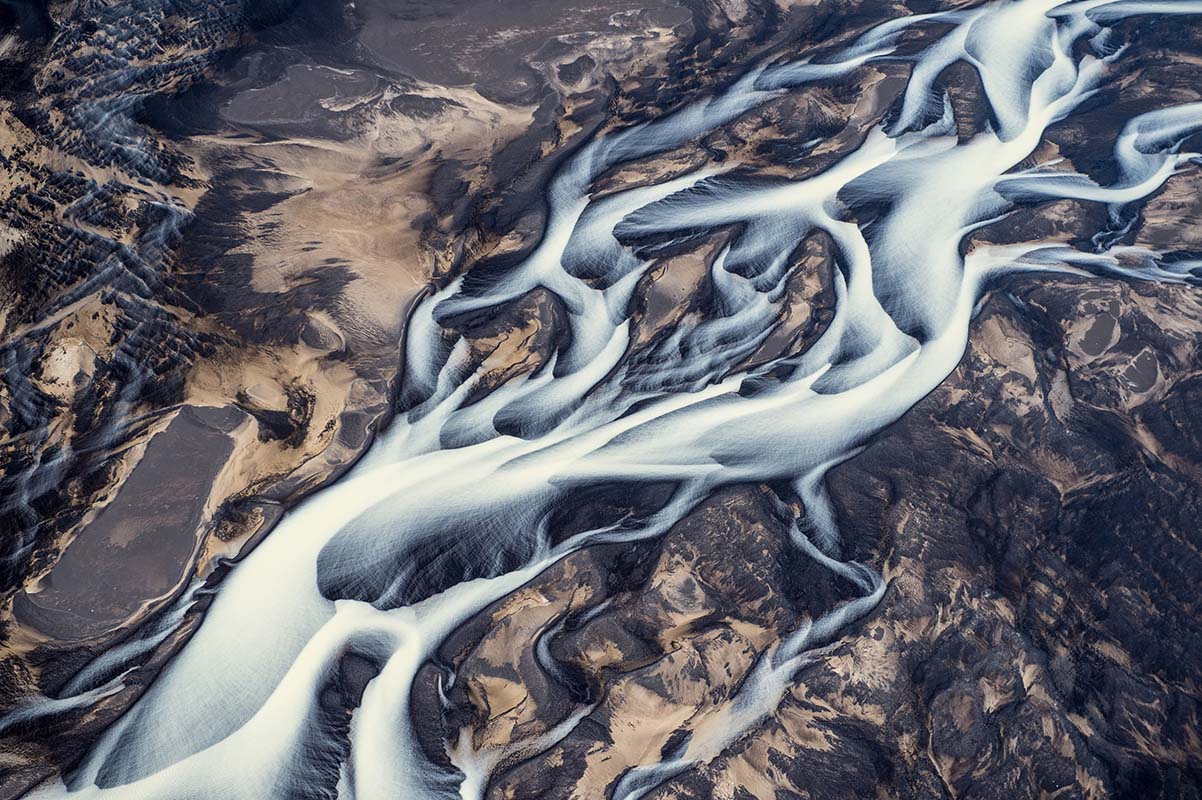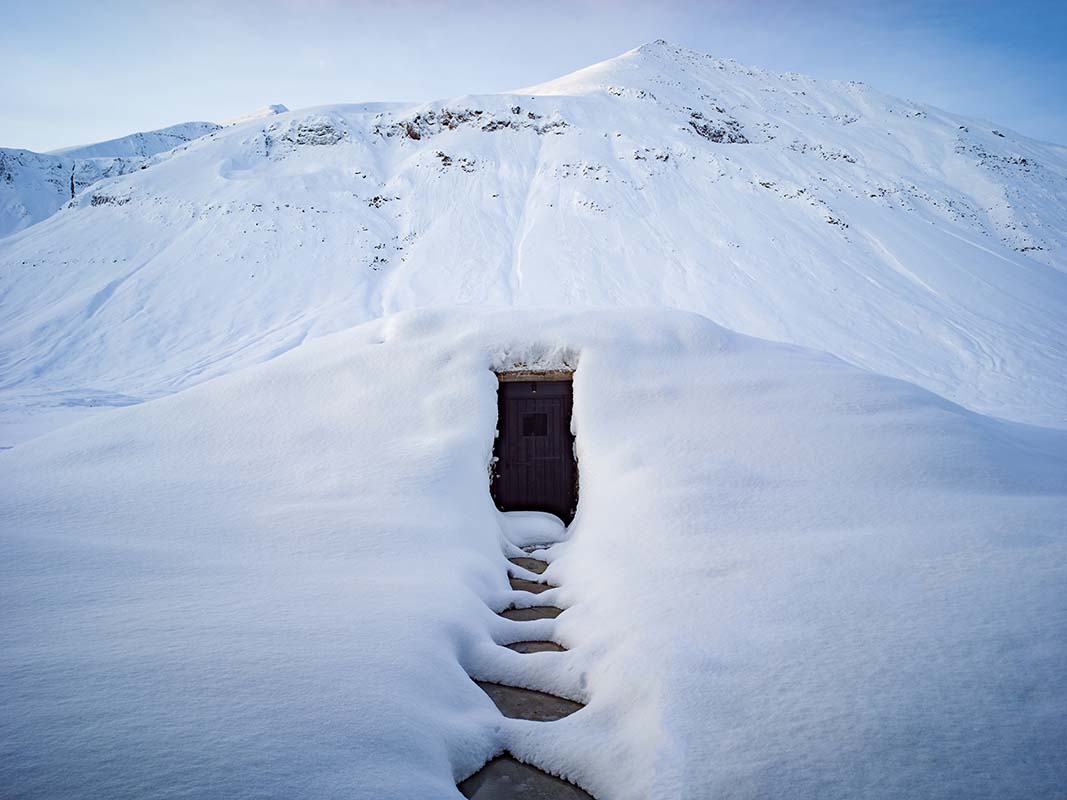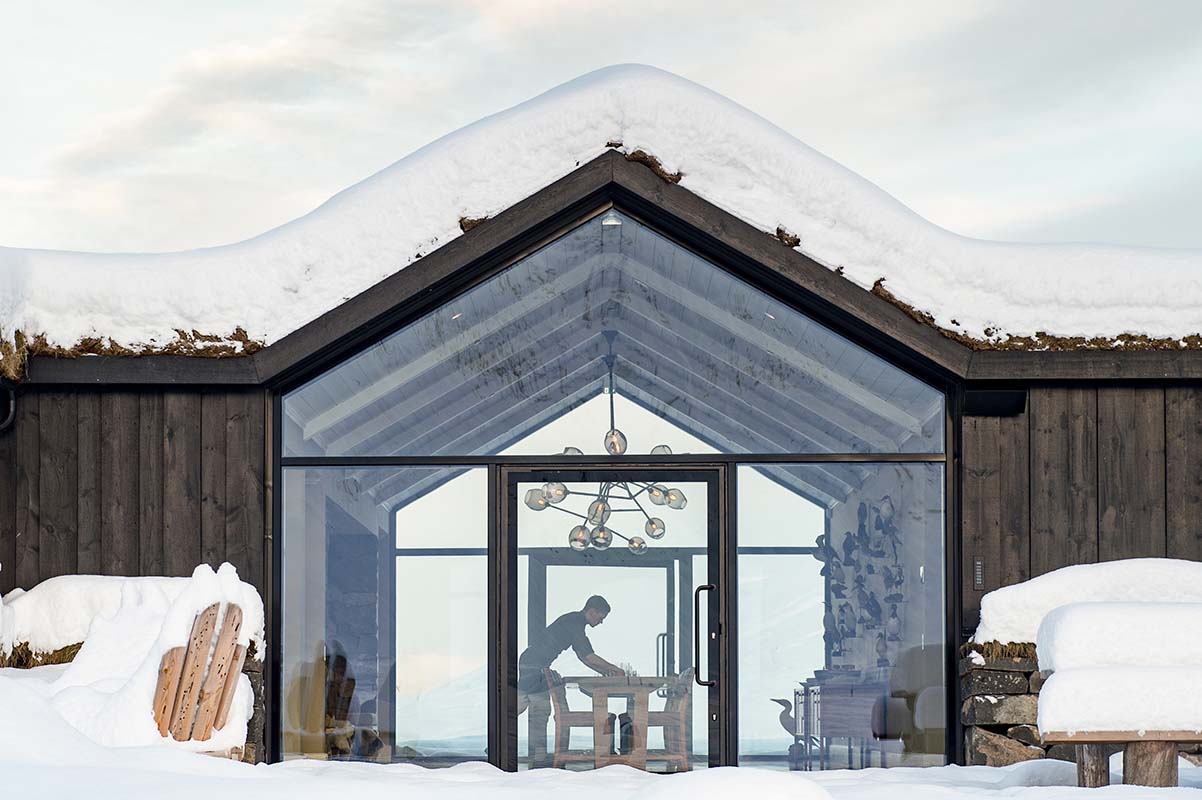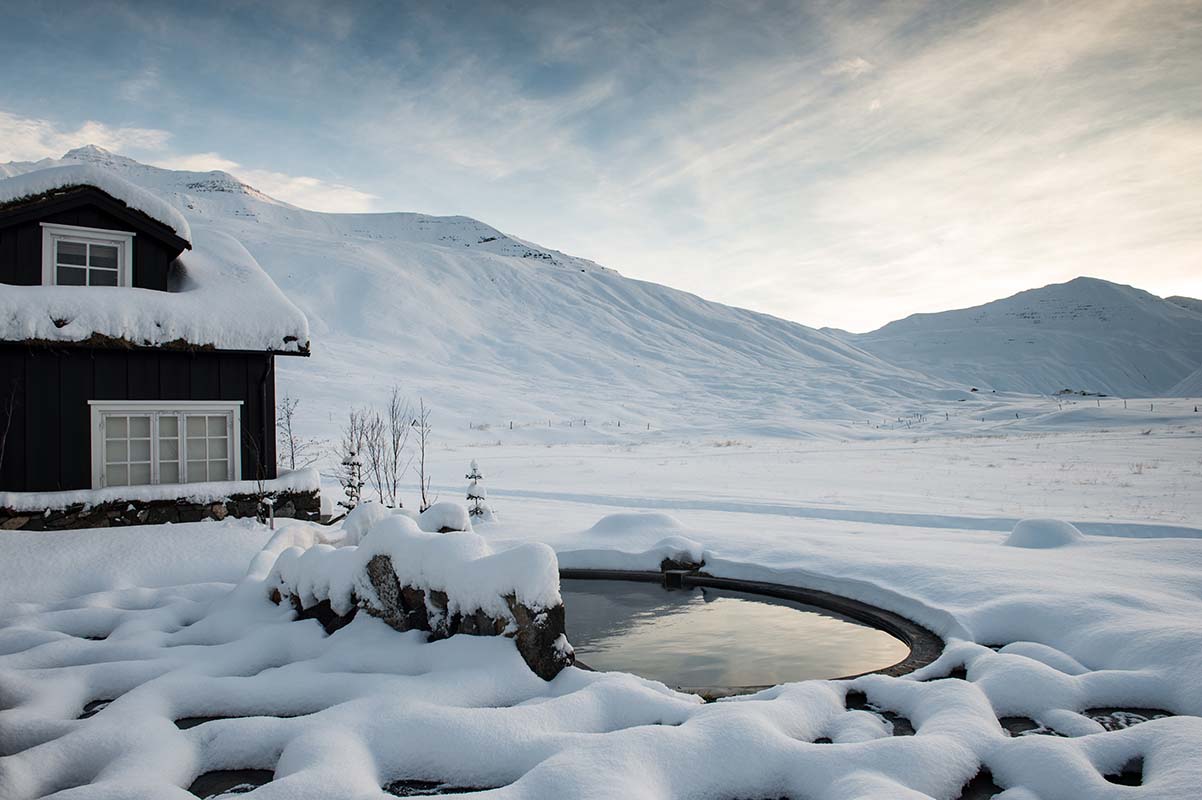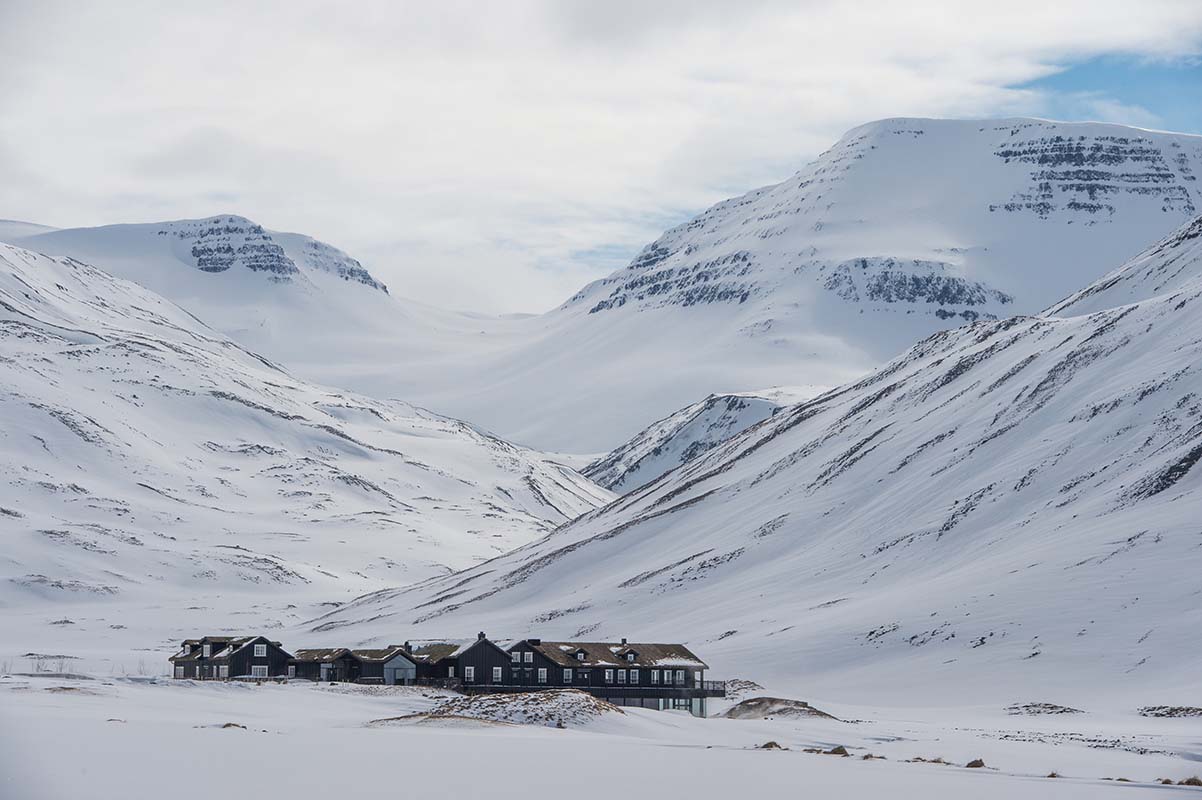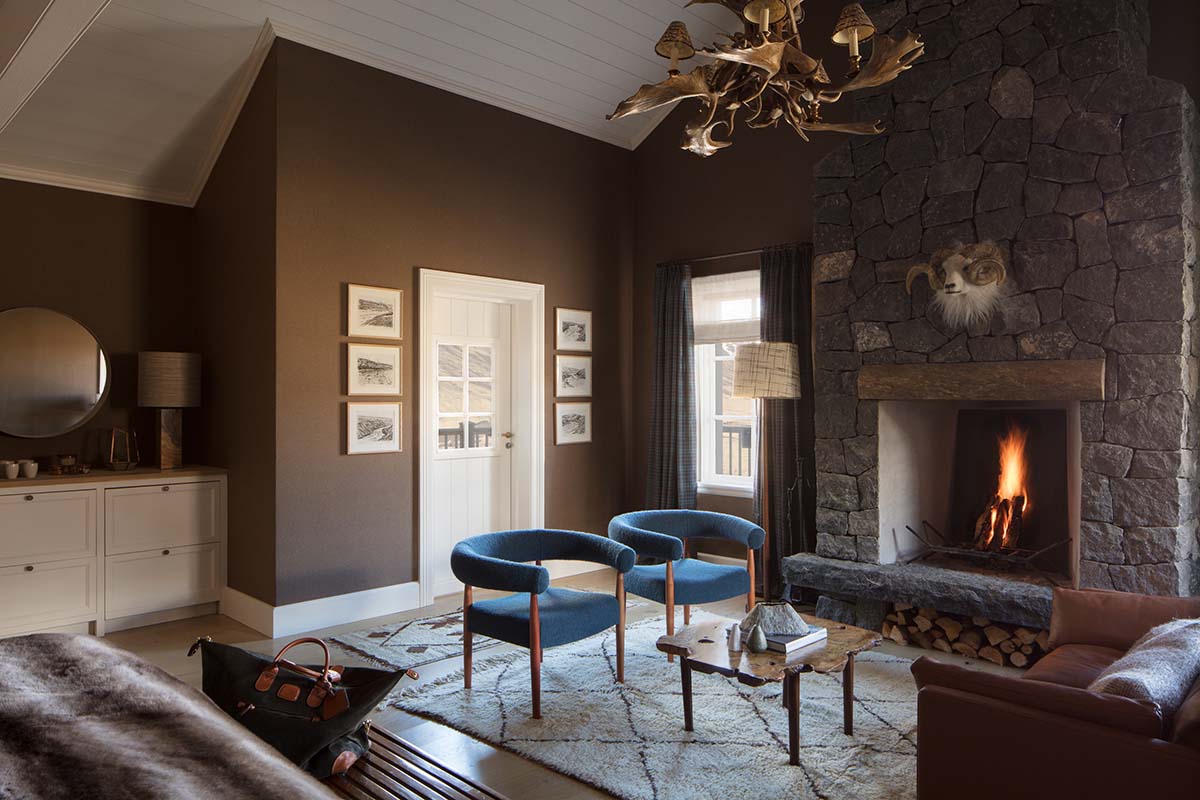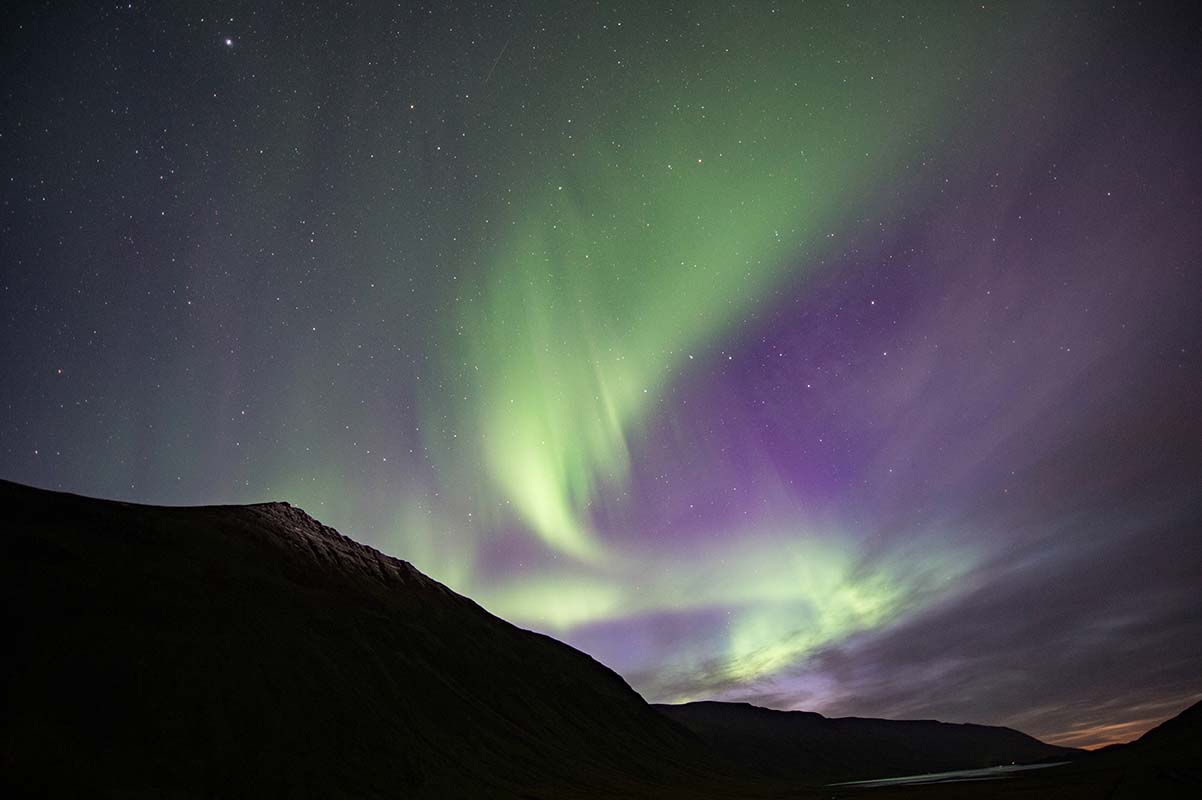What can you find on Iceland family holidays that you won't find anywhere else?
Iceland is an infant in geological terms, and still growing – one island off its south coast only rose from the waves in 1963. The country's wild landscapes are best explored during the summer months, when the long hours of daylight allow plenty of time for seeing and doing. There are some incredible, adventurous activities on offer here, making Iceland a brilliant choice for older families. From Reykjavik, the world's most northerly capital, drive across lava fields and up to one of the icecaps, where you can go snowmobiling on glaciers. On the way back, take in caves and waterfalls, climb to the rim of a volcano, see the continental divide between the North American and European tectonic plates and visit the home of the original geyser - after which all others are named. Add in majestic fjords, mountains and black lava beaches and you have a veritable feast of geographical phenomena - so no excuse for the children not being top of the geography class when they get back.
Family holidays to Iceland are also known for some of the best whale-watching in Europe (with over 30 species found in Iceland's waters), horse-riding on the distinctive little-legged Icelandic horses and learning about Iceland's rich Viking past. Youngsters will love delving into Icelandic folklore and learning about the country’s obsession with trolls and fairies. No trip to Iceland would be complete without a dip in one of the pools fed by the island's geo-thermal springs. The most famous of these is the Blue Lagoon, an open-air natural pool in the middle of an otherworldly lava field where you can wallow in milky-blue, mineral-rich waters, surrounded by swirling steam.
For those brave enough, Iceland also offers some unusual 'delicacies'. If you can't stomach a piece of hákarl - fermented shark meat that has been buried in sand for several months - then don't worry, because Iceland's restaurants also serve some of the freshest seafood you'll ever eat. Reykjavik is however famed for its delicious lamb hot dogs (pylsur) which are ideal for fuelling the little ones on a family holiday in Iceland, if seafood isn’t up their street.
When is the best time to embark on an Iceland family holiday?
Iceland is a land of stunning natural beauty and captivating landscapes that can be enjoyed year-round, each season offering its own unique charm and activities that are ideal for family holidays to Iceland. Whether you're a family of adventurers seeking thrilling winter activities or a group of nature lovers keen to soak up the long days of summer, Iceland has something for everyone. In the summer months (from June to August), the sun hardly sets, a phenomenon known as the midnight sun, allowing you to explore the rugged terrain, majestic glaciers and towering waterfalls well into the night. You can take advantage of the mild weather to go hiking, camping or even whale watching along Iceland's ruggedly picturesque coastline.
Winter (from December to February) in Iceland is a truly magical experience. The snow-covered landscapes and crisp air provide a dramatic backdrop for thrilling activities like snowmobiling, ice caving and dog sledding. Be sure to pack your thermals as Iceland in winter is chilly. Winter is also the ultimate time of year to see the Northern Lights; watch as dancing ribbons of green, purple and pink swirl across the sky in a natural light show like no other. Experiencing this rainbow-hued phenomenon should be at the top of all Iceland family holiday bucket lists.
The shoulder seasons of spring (from March to May) and autumn (from September to November) are seasons of transformation in Iceland. In the spring, the snow begins to melt and the migratory birds start to arrive, bringing with them a renewed sense of life to the land. Lupines fill the fields and the island’s roads become more accessible, making for easier exploration and the ability to discover more of its hidden gems. In the autumn, the leaves turn glorious shades of fiery orange, red and yellow, providing a stunning contrast to Iceland's dark volcanic rocks. The Northern Lights also make their return in the autumn, casting a spellbinding glow over the land.


